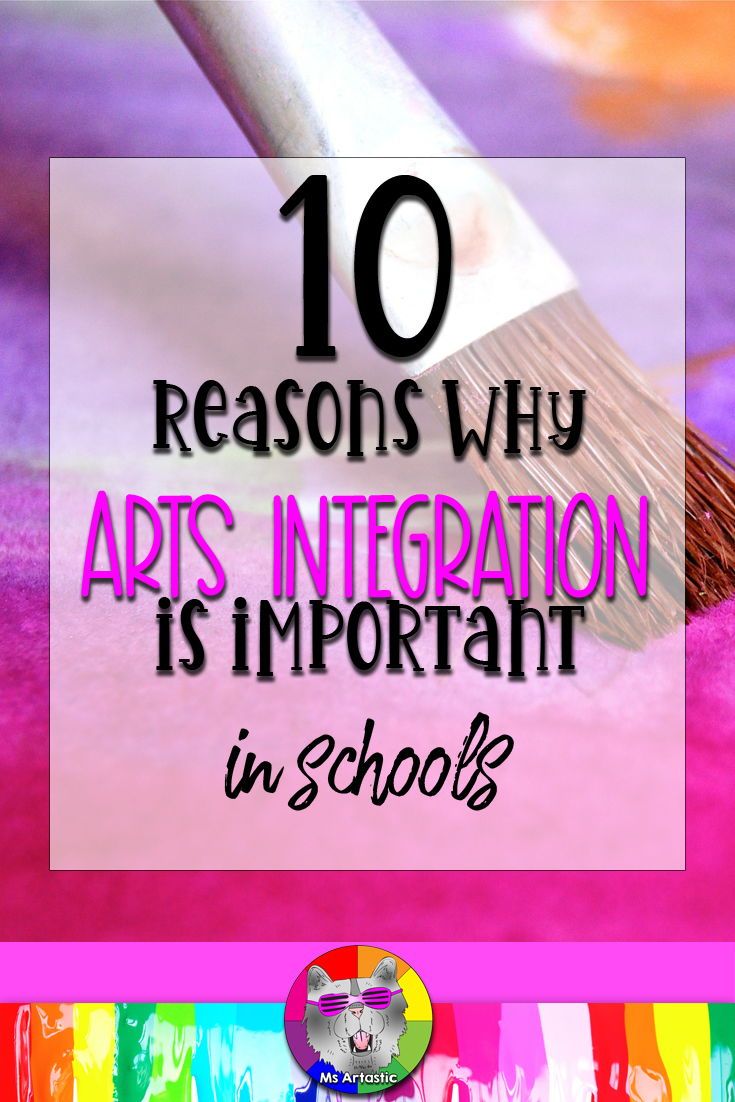The arts have always played a significant role in shaping young minds in education. Countless studies have shown the numerous benefits of integrating arts into education, as it helps stimulate creativity, fosters critical thinking, improves academic performance, and provides various other benefits. Participating in the arts can help build self-confidence, promotes cultural diversity, and helps students manage their emotions. Additionally, students who engage in the arts are more likely to feel more comfortable expressing themselves and develop vital teamwork and communication skills. Overall, the arts contribute to the overall well-being of students, both physically and mentally, and should be embraced as an essential component of education.
10 Reasons Why The Arts Are Important In Education
When it comes to education, the arts have always played a significant role in shaping young minds. Countless studies have shown the benefits of integrating arts into education, as it helps stimulate creativity, fosters critical thinking, improves academic performance, and provides numerous other benefits. Here are ten reasons why the arts are essential in education:
1. Enhances Creativity and Imagination
The arts stimulate the brain, which in turn enhances creativity and imagination. Students can learn to think outside the box and discover new solutions to problems by engaging in artistic activities such as painting, drama, music, and dance. By encouraging creativity, students can develop vital skills that will benefit them not only in their studies but also in their personal lives.
2. Boosts Confidence and Self-Esteem
Participating in the arts can build self-confidence as students acquire new skills and feel proud of their achievements. Artistic activities help students develop a sense of accomplishment and mastery, which can strengthen their self-esteem and make them more confident individuals. Additionally, students who engage in the arts are more likely to feel more comfortable expressing themselves, which can improve their social skills and relationships with others.
3. Improves Academic Performance
Studies show that students who participate in the arts often perform better academically. By engaging in artistic activities, students can develop critical thinking skills and improve their memory retention. Research suggests that the arts also contribute to the development of language and mathematics skills, which can translate into better academic achievement in those subjects.
4. Promotes Cultural Awareness
The arts provide a unique way for students to learn about different cultures and appreciate diversity. Through exposure to music, art, and literature, students can develop empathy and gain a better understanding of different cultural perspectives. This can lead to a more compassionate society that values diversity and promotes global citizenship.
5. Teaches Discipline and Responsibility
To excel in the arts, students must be disciplined and committed to their craft. This requires them to be responsible and accountable for their individual work and team projects. Artistic activities help teach students the value of hard work and dedication, which can translate into success in other areas of their lives.
6. Encourages Collaboration and Communication
The arts often involve group work and encourage communication between students. This promotes teamwork and collaboration, which can help students learn and gain different perspectives. Teamwork and collaboration are vital skills that can benefit students in their academic and professional lives.
7. Helps Students Manage Their Emotions
The arts provide an outlet for students to express their emotions in a healthy way. Artistic activities can help students manage their emotions, reduce stress, and improve mental health. Students can learn to cope with their feelings and develop a better sense of emotional intelligence.
8. Supports Overall Well-Being
The arts contribute to the overall well-being of students, both physically and mentally. Artistic activities can promote physical fitness, coordination, and motor skills. They can also improve mental health, reduce anxiety and depression, and provide students with a sense of purpose and meaning.
9. Boosts Innovation and Entrepreneurship Skills
The arts encourage innovation and entrepreneurship skills. Students can develop an entrepreneurial mindset by turning their artistic talents into businesses or creative projects. Artistic activities help students develop skills such as problem-solving, critical thinking, and risk-taking, which are essential for entrepreneurship and innovation.
10. Encourages Lifelong Learning
Participating in the arts can ignite a passion for lifelong learning. Students can discover new forms of art, explore their creativity, and develop a love for learning that lasts a lifetime. The arts provide opportunities for growth and self-discovery, which can lead to a more fulfilling life.
Conclusion
The arts are essential in education, providing numerous benefits that can help students develop vital skills and lead a more fulfilling life. By integrating the arts into education, students can enhance their creativity, improve academic performance, and develop social and emotional intelligence. The benefits of the arts are endless and should be embraced as an essential component of education.
